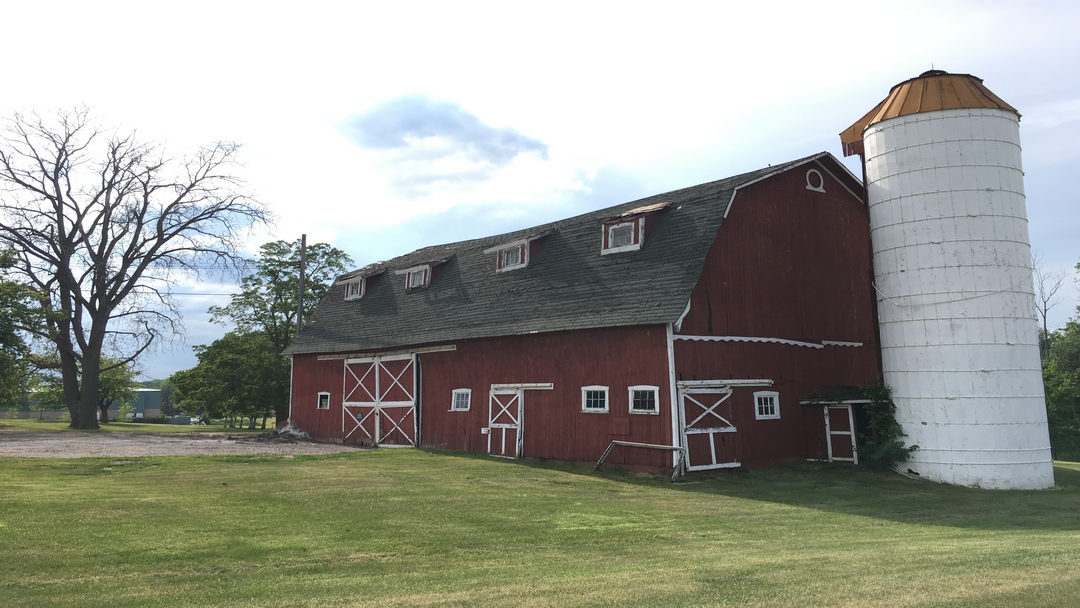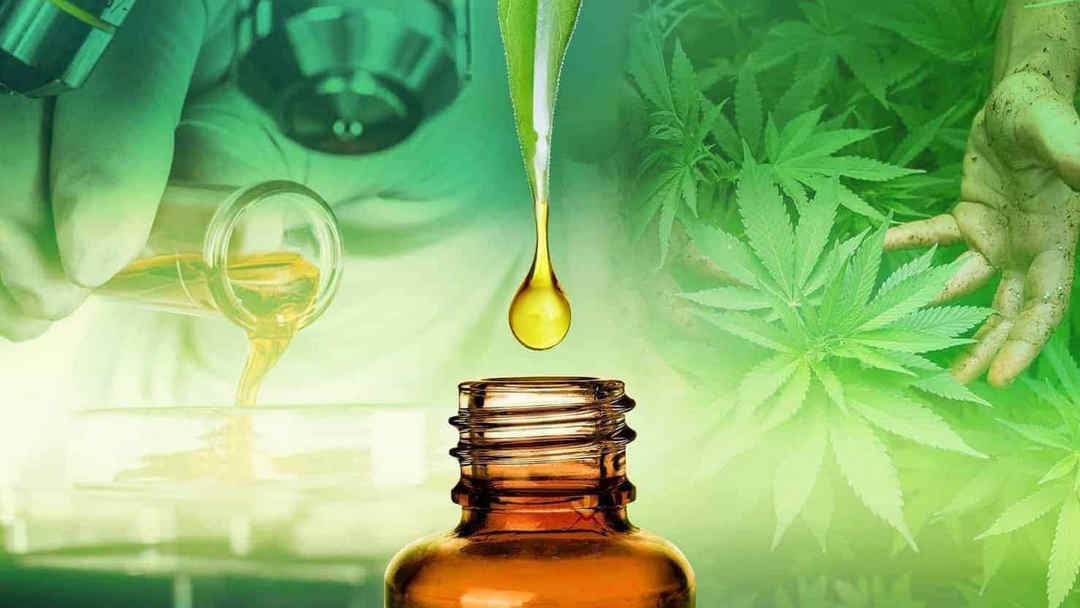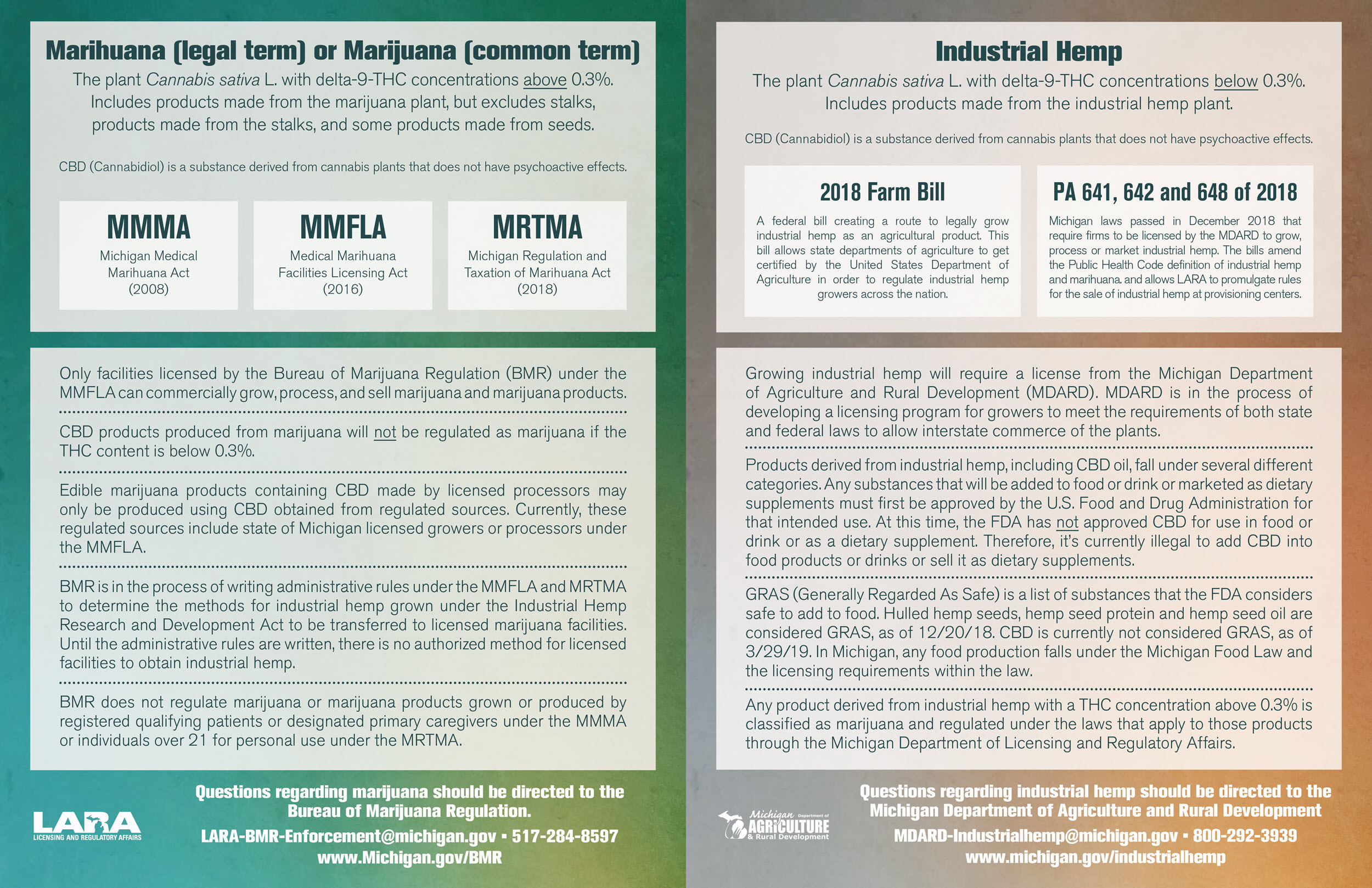“It won’t be until 2020 until a state government can have a state plan for raising industrial hemp in their state,” said James Averill, deputy director for MDARD.

DOTHAN, Ala. (WTVY) (5/20/2019) – Cannabidiol oil is becoming very popular around the world and some have raised concern on whether it’s hindering people from passing drug tests.

THC is the compound in marijuana that gets people high. Cannabidiol oil (CBD) is another product that can come from hemp or marijuana.
Many states have laws for CBD and THC levels in products. The allowed level for CBD in Alabama is 3 percent, which experts say is not enough to cause someone to fail a drug test.
CBD oil is a natural product that has several medical applications and can come in many forms.
“The marijuana plant is known for having a high amount of THC and a low amount of CBD,” said Pryme CBD co-owner Blake Brown. “The hemp plant is known for having a high amount of CBD and a low amount of THC. … If you take it as its intended, a normal dose, and not try to overdo things or go beyond that then you should be good.”
Professionals at Health Link Drug Testing in Dothan say people have come in and out and so far they haven’t seen anyone fail a test because of CBD.
Watch the Video and Read the rest HERE
Then come back and read – Case against U.S. CBD firms moves forward
Hmmmm….Somebody is wrong. Need an Attorney with decades of cannabis experience? Call Komorn Law 800-656-3557

On April 18, 2019 – Governor Whitmer launched an Ag pilot program for farmers interested in farming hemp this year. Under the 2014 Farm Bill, this program is meant for research purposes.
“MICHIGAN IS UNIQUELY POSITIONED TO GROW, PROCESS AND MANUFACTURE INDUSTRIAL HEMP. WE ARE ONE OF THE NATION’S MOST AGRICULTURALLY DIVERSE STATES – GROWING 300 DIFFERENT COMMODITIES ON A COMMERCIAL BASIS – MAKING IT A NATURAL FIT,” SAID WHITMER. “THIS EMERGING CROP NOT ONLY CULTIVATES NEW OPPORTUNITY FOR OUR FARMING COMMUNITY, BUT IT ALSO CREATES AN AVENUE FOR NEW BUSINESSES TO CROP UP ACROSS THE STATE.”
Those interested should start the application process at The Michigan Department of Agriculture and Rural Development (MDARD).
MDARD will be holding a series of licensing events at the MSU Pavilion for Agriculture and Livestock Education in Lansing. These meetings will serve to facilitate expedited issuance of required licenses and research agreements during the following times:
Tuesday, April 23 8:30 am – 11:45 am, 1:00 pm – 4:00 pm
Wednesday, April 24 8:30 am – 11:45 am, 1:00 pm – 4:00 pm
Monday, April 29 8:30 am – 11:45 am, 1:00 pm – 4:00 pm
Tuesday, April 30 8:30 am – 11:45 am, 1:00 pm – 4:00 pm
Forms for a grower registration, a processor-handler license, and participation in MDARD’s 2019 Hemp Ag Pilot Program are now available online. The department will begin accepting applications on April 23, 2019. Grower registration costs $100 and a processor-handler license cost $1,350.
“MICHIGAN’S PILOT PROGRAM ALLOWS OUR FARMERS TO EXPLORE THE PRODUCTION AND PROCESSING FOR HEMP TO DETERMINE WHETHER OR NOT THIS IS A FINANCIALLY VIABLE CROP FOR THEM,” SAID GARY MCDOWELL, MDARD DIRECTOR. “IT ALSO HELPS PAVE THE WAY FOR MICHIGAN GROWERS AS WE MOVE TOWARD A PERMANENT LICENSING PROGRAM NEXT YEAR TO IDENTIFY AND EXPAND VALUE-ADDED HEMP PROCESSING AND NEW MARKET PROSPECTS.”
Komorn Law has associated our law firm expanding its cannabis and hemp industry services across the globe. If you are thinking about starting a business in this area you will need legal guidance and corporate counsel.
Contact our office to find out more information.

Michigan officials are informing citizens that food and drinks with CBD oil aren’t legal yet. CBD is the new thing in the health alternative market.
After Proposal 1 passed in Michigan which legalized adult-use marijuana and industrial hemp as well as the 2018 U.S. Farm Bill which legalized hemp nationwide there has been a rise of products made with CBD.
“The whole scheme is fascinating. It doesn’t make the subject matter into an illegality,” said Michael Komorn, a lawyer and president of the Michigan Medical Marijuana Association. “It’s a not a crime, it’s a regulatory fine. You won’t get arrested, but it may prevent you from getting a license to do that in the future.”
Michigan’s Department of Agriculture and Rural Development is waiting on the federal government to write its hemp program regulations before it comes up with its own rule set — and that won’t happen until 2020.
“It won’t be until 2020 until a state government can have a state plan for raising industrial hemp in their state,” said James Averill, deputy director for MDARD.
However, a mechanism in the 2014 Farm Bill that allows farmers to grow industrial hemp by working with universities or with state departments of agriculture — and Averill said Michigan is considering a way to help farmers plant hemp sooner rather than later.
“For putting seed in the ground this year — we have to work off the 2014 Farm Bill and that is a conversation that we’re continuing to have with the administration,” Averill said.
Previously, U.S. Drug Enforcement Administration requirements made the state’s direct involvement to authorize hemp farmers difficult. The 2018 Farm Bill changed that, Averill said.
Michigan Offers Guidance on CBD and Industrial Hemp
March 29, 2019 – The Bureau of Marijuana Regulation (BMR) and the Michigan Dept of Agriculture & Rural Development (MDARD) issued joint guidance today regarding CBD (cannabidiol) and industrial hemp.
From the Bureau of Marijuana Regulation:
From the Michigan Department of Agriculture and Rural Development:

Definitions



Michigan officials are informing citizens that food and drinks with CBD oil aren’t legal yet. CBD is the new thing in the health alternative market.
After Proposal 1 passed in Michigan which legalized adult-use marijuana and industrial hemp as well as the 2018 U.S. Farm Bill which legalized hemp nationwide there has been a rise of products made with CBD.
“The whole scheme is fascinating. It doesn’t make the subject matter into an illegality,” said Michael Komorn, a lawyer and president of the Michigan Medical Marijuana Association. “It’s a not a crime, it’s a regulatory fine. You won’t get arrested, but it may prevent you from getting a license to do that in the future.”
Michigan’s Department of Agriculture and Rural Development is waiting on the federal government to write its hemp program regulations before it comes up with its own rule set — and that won’t happen until 2020.
“It won’t be until 2020 until a state government can have a state plan for raising industrial hemp in their state,” said James Averill, deputy director for MDARD.
However, a mechanism in the 2014 Farm Bill that allows farmers to grow industrial hemp by working with universities or with state departments of agriculture — and Averill said Michigan is considering a way to help farmers plant hemp sooner rather than later.
“For putting seed in the ground this year — we have to work off the 2014 Farm Bill and that is a conversation that we’re continuing to have with the administration,” Averill said.
Previously, U.S. Drug Enforcement Administration requirements made the state’s direct involvement to authorize hemp farmers difficult. The 2018 Farm Bill changed that, Averill said.
Michigan Offers Guidance on CBD and Industrial Hemp
March 29, 2019 – The Bureau of Marijuana Regulation (BMR) and the Michigan Dept of Agriculture & Rural Development (MDARD) issued joint guidance today regarding CBD (cannabidiol) and industrial hemp.
From the Bureau of Marijuana Regulation:
From the Michigan Department of Agriculture and Rural Development:


Definitions


The Michigan Chapter of The National Hemp Industry Association will be meeting at their headquarters in Farmington Hills Michigan.
Join Us for first meeting as we network to grow this chapter. There will be discussion, presentations, snacks and refreshments.